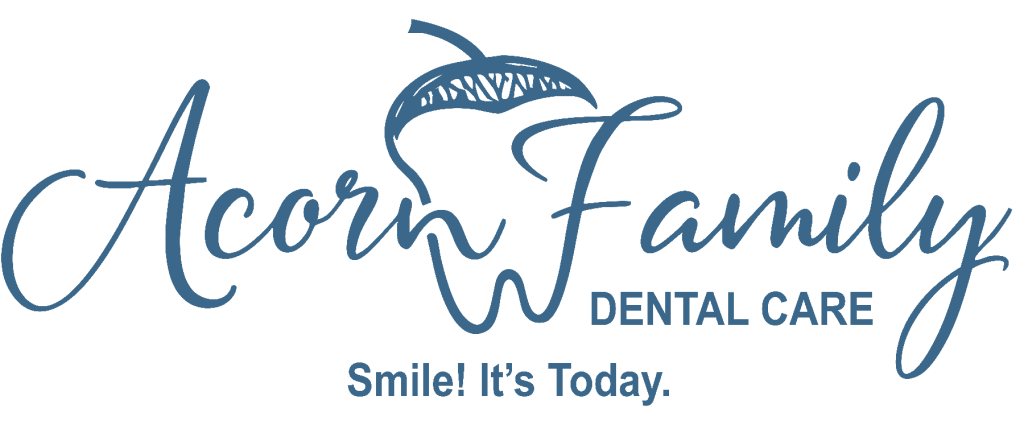Get Fresher Breath with Halitosis Care Near You
Bad breath can be uncomfortable, isolating, and difficult to talk about, but you’re not alone. At Acorn Family Dental Care, Dr. Nguyen provides compassionate care for patients dealing with halitosis in Berkeley, CA, and our nearby communities of Albany, El Cerrito, and Oakland. Whether you’ve noticed a lingering odor or have tried remedies without lasting results, we offer real solutions and answers.
If you’re searching for halitosis treatment near you, our team is here to help restore your confidence and comfort. Call 510-848-0114 today to schedule your visit and take the next step toward fresher breath and a healthier smile.


